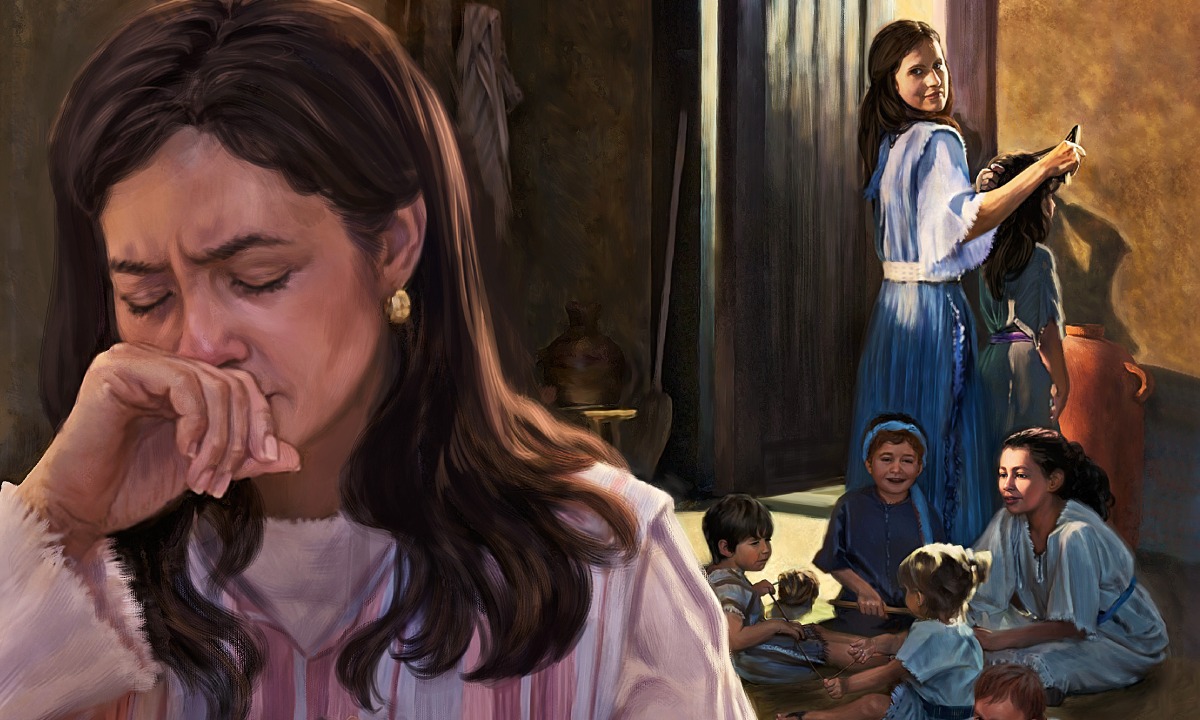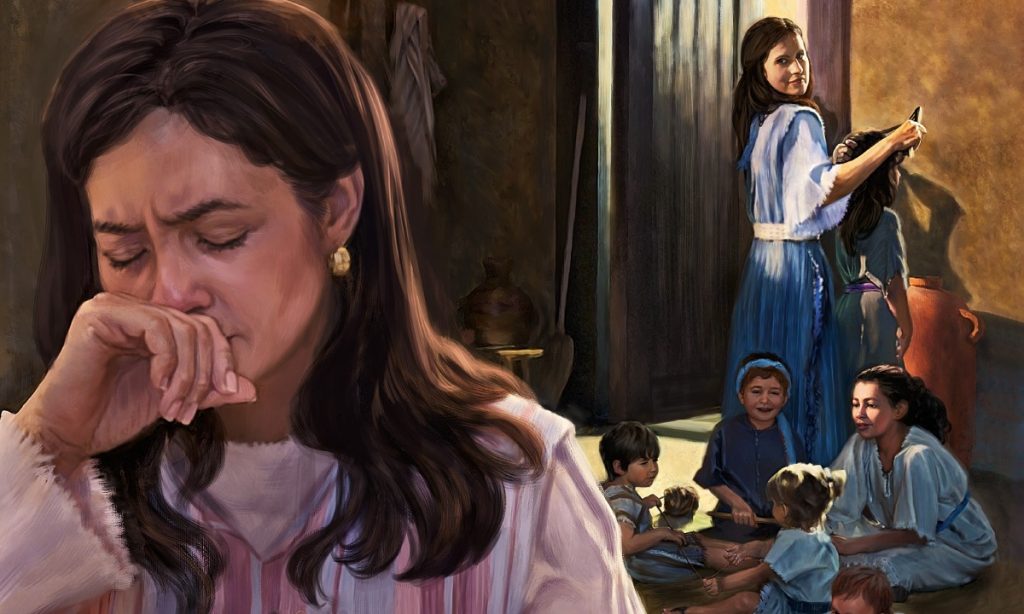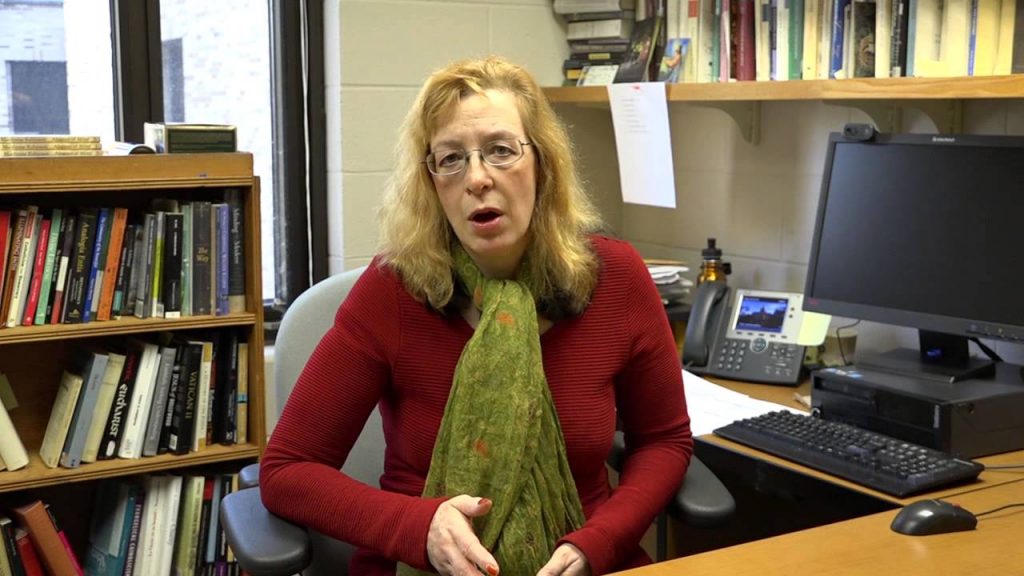In verse three Samuel reappears in the narrative, having been out of the picture since chapter 4:1, and out of the picture for perhaps as long as twenty years. After their devastating loss to the Philistines Israel was indeed impoverished, and subject at least, to Philistine power. During this time Samuel continued to grow, not only in years but in his call, service, maturity, and reputation. Samuel was a prophet-judge, a circuit judge “bringing justice and encouraging worship” on an annual basis in the region where he served (Evans, 54). The four cities mentioned—Bethel, Gilgal, Mizpah and Ramah—are all centrally located a little south of Shiloh.
But Samuel appears to have done more than become a localised prophet or judge. In verse three he is addressing “all the house of Israel,” with a call to repentance that includes a rejection of idolatry. In the pre-exilic period of Israel’s history idolatry was a perennial issue, a form of religious-cultural syncretism, in which Israel were not whole-hearted in their devotion to God. Samuel confronts this attitude head-on:
If you are returning to the Lord with all your heart, then put away the foreign gods and the Ashtaroth from among you and direct your heart to the Lord and serve him only, and he will deliver you out of the hand of the Philistines.
To the modern western mind, the idea of idolatry is curious if not foolish, primitive and superstitious. But the ancient Israelites were simply adapting themselves to the surrounding cultures, adopting their mores and religious values, and the promise of security that they brought. Seen in this light, idolatry is not simply the worship of wood and stone statues, but seeking one’s security in and setting one’s heart on anything other than the one God. Samuel will have none of it. True repentance will be indicated by the sole devotion of their hearts toward God; there is no place here for a divided heart.
True repentance, and true religion, are matters of the heart. This is understood in the Old Testament as the defining and motivating centre of human personality. It is this centre, as representing the whole, which is to “return” to the Lord in full and sole devotion. “For human beings,” says Murphy, “monotheism is never just a theory, but a decision” (52). And if Israel will do this, Samuel promises, God will deliver them from the power of the Philistines.
Samuel, it seems, has managed unify Israel, or at least gathered them in unity to Mizpah. The prophet-judge is in this sense also a prophet-general, a military as well as juridical and religious leader, as was common with a number of earlier judges. The gathered people confess their sins and make an offering to the Lord.
What happens next is difficult to describe. There is both a military confrontation and a divine intervention. Or it may be that the divine intervention was through the military confrontation. Murphy suggests,
What happens in the story theologically is that ‘the Lord thunders’ against the Philistines and throws them into terrified flight; what happens humanly is that all the tribes act as one; and these two, the human and the theological, occur simultaneously (53).
All the focus of the narrative is on Samuel and his action. Samuel does not fight; he prays and sacrifices, and God hears and answers his prayer. Certainly Israel fights and pursues; certainly God superintends and gives deliverance. Yet it is Samuel’s leadership, his wholehearted and single-minded devotion to God which calls, inspires, and gathers Israel, and acts as a lightning rod of divine presence in the face of imminent threat and crisis.
There is no doubt that this was a significant military victory: the power of Philistia over the Israelites was decisively beaten for the whole period of Samuel’s life. More significantly, it was a crucial stage along the road of Israel’s national and religious development. Through the force of Samuel’s example, spirituality, and leadership Israel, emerging from a period of terrible defeat and oppression, was becoming unified as one people devoted to one God.





